Consequences provide an opportunity to learn and grow from our mistakes. They give us a chance to problem solve, model, teach, and practice ways to do better next time.
The most effective consequences are natural consequences – events that occur naturally. For example:
- A student doesn’t do their work – they get a bad grade,
- A student pushes someone down – they don’t want to play with them anymore,
- A student breaks a computer – now the class doesn’t have one.
We often “rescue” these young people, and “solve” their problems, not allowing natural consequences to happen. Class meetings are a good way to help students realize the true consequences of their behavior and hold them accountable. It can give them a chance to learn valuable problem solving strategies, like:
- Get help solving a problem – “How can I get my work done?”
- Repair a relationship – “How can I earn back your trust so you’ll play with me?”
- Fix a mistake they made – “I need to help pay for the computer’s repair.”
We may be able to help students work through their natural consequences. For example, if a student is not getting their work done, we can break down their assignment into smaller parts or get them a tutor. If a student keeps pushing students on the playground, we may need to help them with their social skills development. If a child breaks the computer, we may need to teach how to use it carefully.
Logical consequences do not occur naturally, we create them. As a result, they are limited by our imagination and intent. Remember, our intent must always be to HELP, not to HURT. The best logical consequences are developed WITH the student:
- “What ideas do you have about how to get your work done? Could you do it after school? During lunch/recess?”
- “What can you do to help ___ feel better now that you’ve pushed him down? Do you need to write him an apology? Eat lunch with him and me today?”
- “How can we get the computer fixed? Could you pick up the room every day to earn some money to get it fixed?”
To learn more trauma informed, resilience focused strategies to use in your school or classroom, sign up for one of our online courses. Or you can earn your Certified Trauma Practitioner-Education Certification by signing up for eCertification. eCertification consists of 5 online courses and 1 exam. Each course provides CEs and takes about 6 hours to complete.
Reference: Partners in Empowerment, (Tate, Copas, Wasmund)

